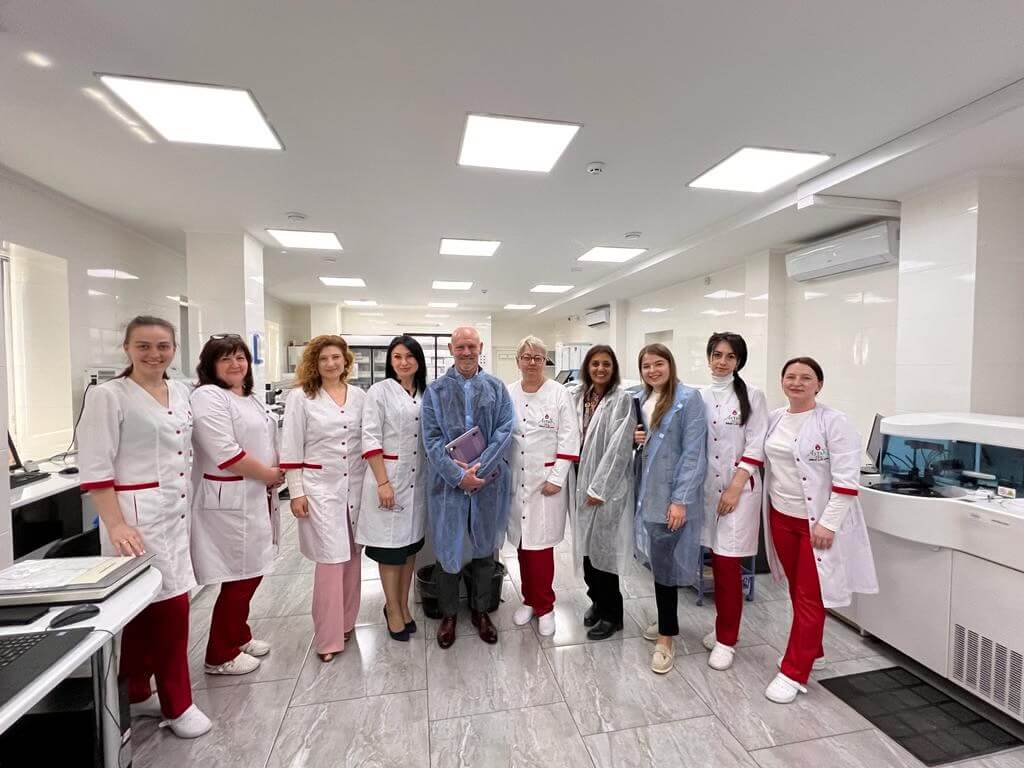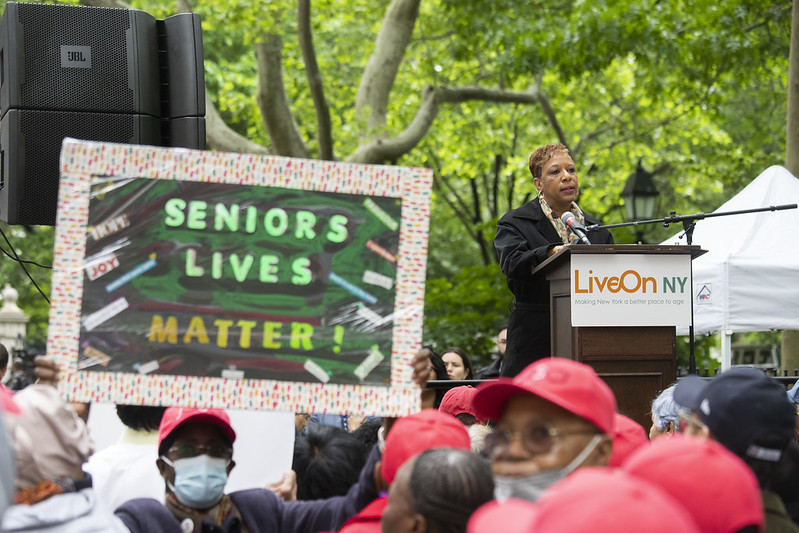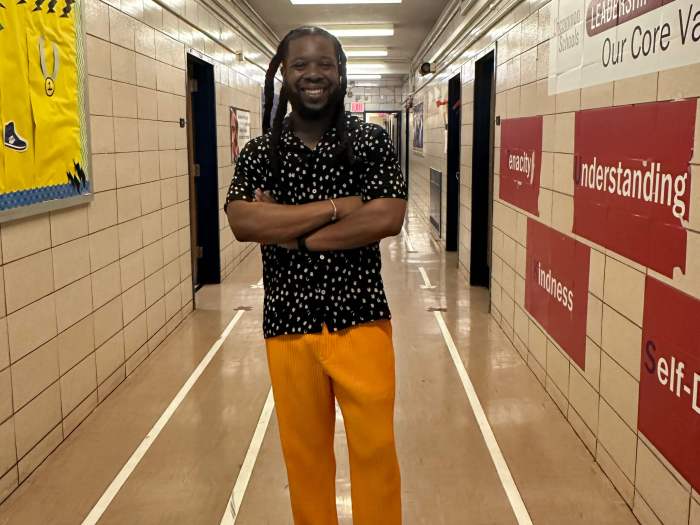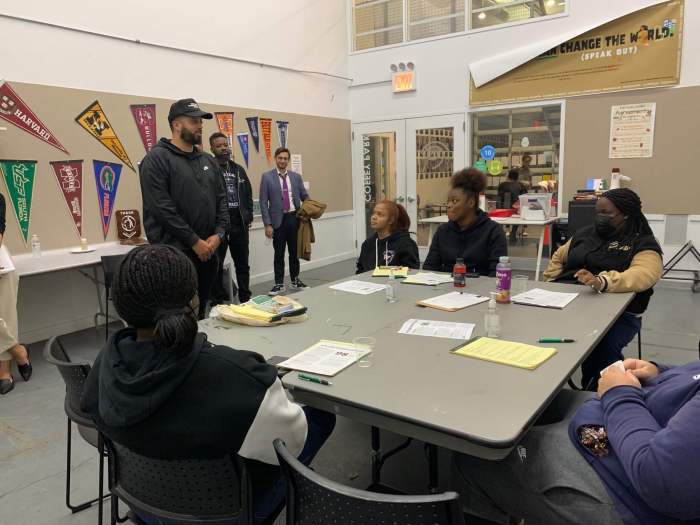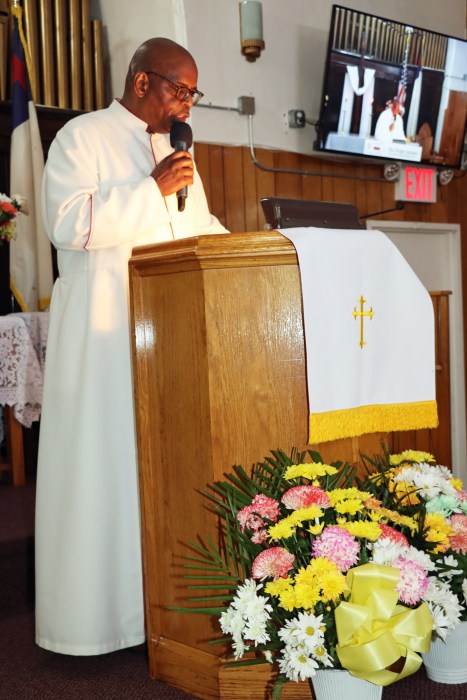Nearly two years into the war between Russia and Ukraine with no end in sight, a group of internationally-trained doctors from Maimonides Medical Center headed to Ukraine on Nov. 4 to spend a week training local doctors and medical students in emergency care.
Dr. Josh Schiller, an attending physician and assistant program director for the Department of Emergency Medicine at Maimonides, recruited a team of seven of his colleagues to head to Eastern Europe with International Medical Response, a medical support service that aids in foreign health care. Schiller serves as the medical director at IMR.
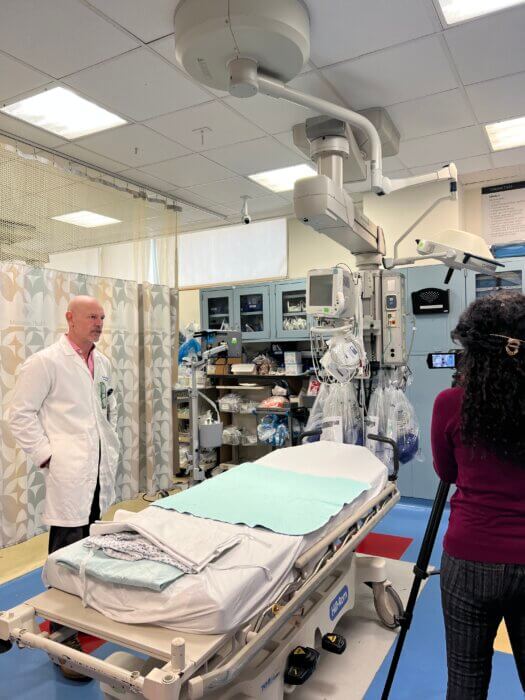
After performing a needs assessment, Schiller and his team — which includes experts in cardiovascular care, toxicology, and obesity care — determined doctors in Ukraine needed training to better recognize and aid in the emergency medicine needs the country has been dealing with in midst of the war.
The team trained family care physicians at a large clinic in Uzhorrod, a city in the western part of the country, as well as medical students at the Uzhorrod National University on how to gauge if a medical situation is an emergency that can be treated on the spot, or if it is a more severe issue that requires longtime care. Some doctors taught lectures, while others lead real-time simulations.
“What we’re doing is giving them training on recognizing people who need immediate interventions that may need to be triaged immediately to a higher level of care,” Schiller told Brooklyn Paper. “If they don’t get what they need, they can really crash and and sometimes have a very high burden of morbidity and be worse off than if they were initially treated from the get-go.”
When he set out to recruit a group to go to Ukraine, Schiller originally thought he would have trouble bringing in enough doctors who could handle the stresses of traveling, and perform well under pressure in the handle the high-energy environment.
“Emergency medicine attracts a certain type of personality that is the kind of person who intuitively runs towards conflict and a place that is in need of help rather than away from it,” he told Brooklyn Paper.
As he planned for the trip, he found there was a deep connection between the Brooklyn community and Ukraine. Southern Brooklyn is home to one of the largest Ukrainian communities outside Europe, and hundreds of Ukrainian refugees have fled to New York City since the war began.
“From my experience, Americans who show up there during this time have been hugely appreciated and celebrated. A group of people in Ukraine really find value and reassurance that people are paying attention to them,” Schiller said.
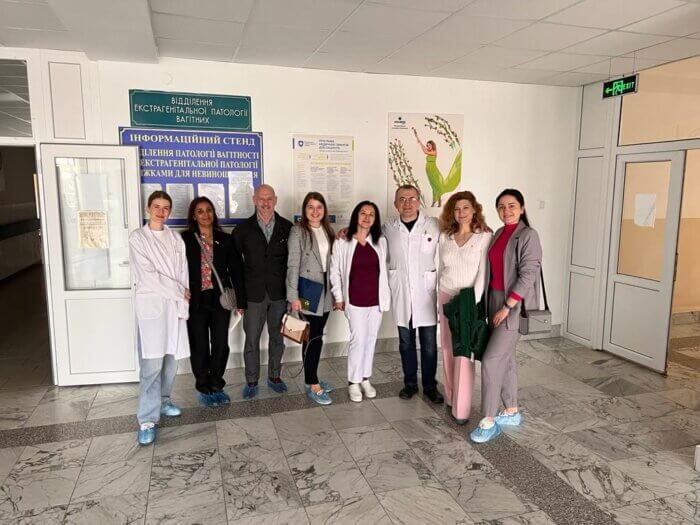
The war, which began in February of 2022 after Russian troops invaded Ukraine from all sides. According to the New York Times, fatalities have since neared 500,000 — a number that has been pushed higher due to a lack of adequate medical care in the war-torn country. The fighting has disrupted the way of life for many Ukrainians, and Schiller and his team wanted to help those who are trying to endure and live as normally as possible under such enormous amounts stress.
“One of the major reasons I became a doctor was to extend care beyond the physical walls of the hospital,” he said. “I think that’s the role that a hospital should play in any community.”
The more the team heard about the effects of the war, they felt the needed to do more to help, according to Tina Lee, director of strategic communications at Maimonides.
“It’s so easy to feel discouraged by everything we’re seeing in the news every day,” Lee said. “But these doctors are trying to create something where they might change someone’s life for the better.”
The doctors have since returned from their travels, however, IMR’s work in Ukraine will continue as the organization provides medical supplies, equipment and a continued partnership with Ukrainian health clinics and medical schools.


